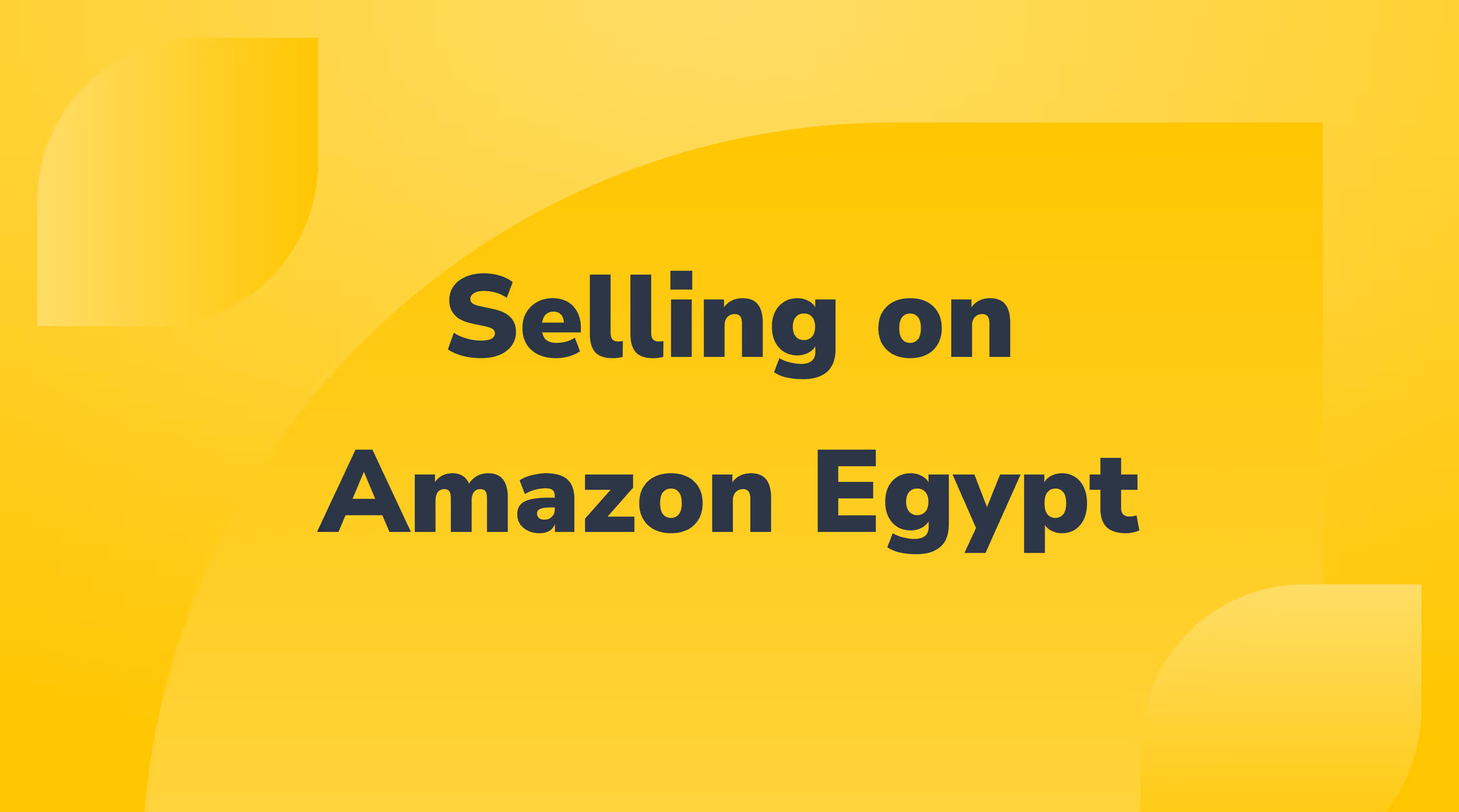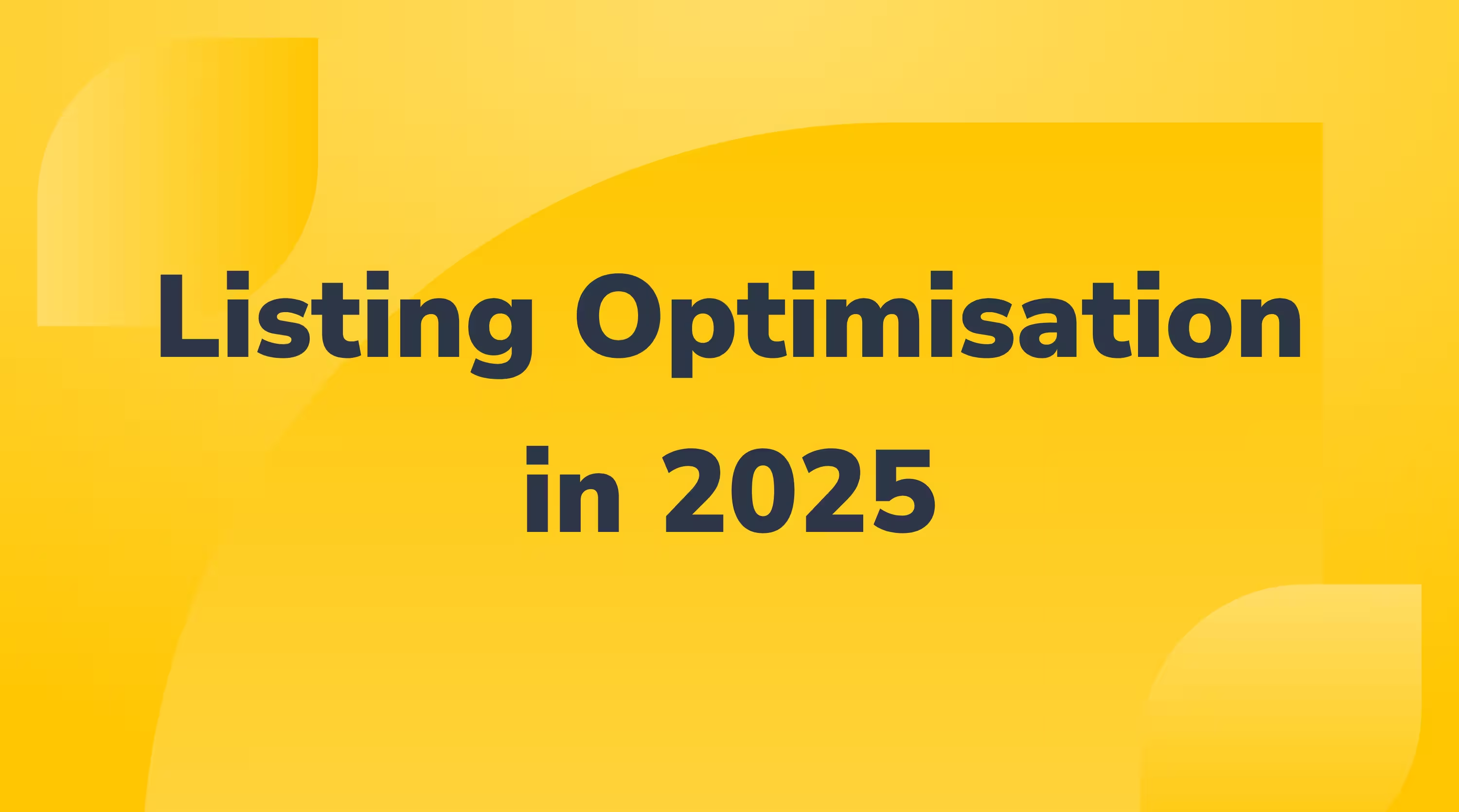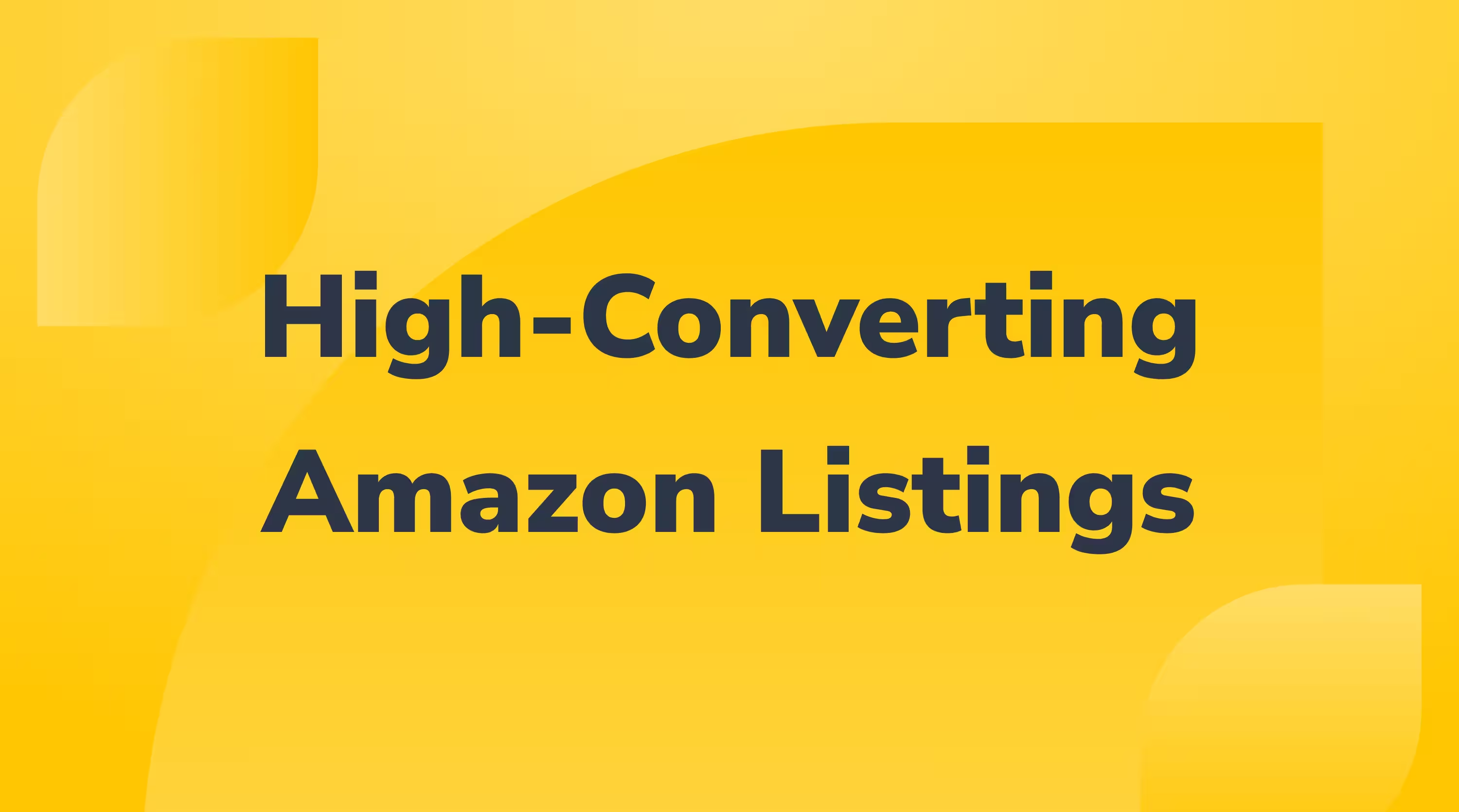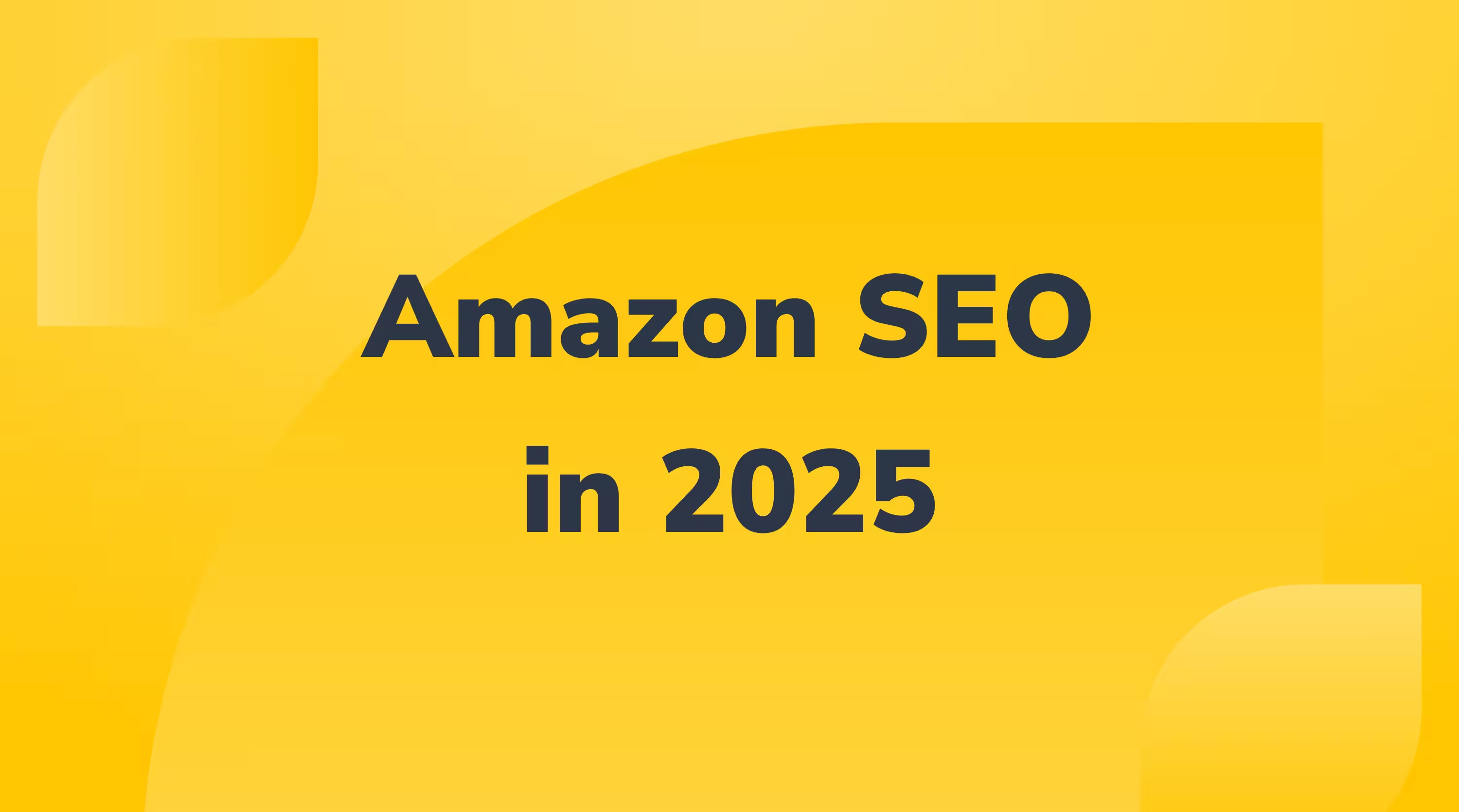How to Sell on Amazon Egypt: A Seller's Guide to Amazon.eg

With a population of over 100 million people, Egypt is one of Africa's largest and youngest consumer markets. The launch of Amazon.eg (rebranded from the regional leader Souq.com) has established a powerful platform for reaching this rapidly growing digital economy. For international brands, Egypt represents a significant long-term growth opportunity at the crossroads of the Middle East and Africa.
This guide will provide a strategic overview for entering the Egyptian market, focusing on its unique consumer behavior, regulatory landscape, and logistical challenges.
1. Understanding the Egyptian Market
- A Young, Mobile-First Population: Egypt's consumer base is young, highly social, and accesses the internet primarily through mobile devices. Your brand's presence, from listings to advertising, must be optimized for the mobile experience.
- Extreme Price Sensitivity: The Egyptian consumer is highly focused on value and affordability. "Deal-seeking" is a fundamental part of the shopping culture. Competitive pricing, promotions, flash sales, and bundle offers are not just helpful—they are essential for driving sales.
- Arabic is the Primary Language: While English is used in some business settings, Arabic is the language of daily life and online search. To connect authentically with the vast majority of consumers, your product listings, marketing, and customer service must be in professional, high-quality Arabic.
- Major Sales Events: The most important promotional periods are White Friday (Amazon's November sales event), Ramadan, and the subsequent Eid holidays. These are peak shopping seasons that drive a massive volume of sales.
2. Egyptian Regulations and Compliance
Navigating Egypt's regulatory environment requires careful planning and often, local expertise.
- VAT (Value Added Tax): Egypt has a standard VAT system managed by the Egyptian Tax Authority (ETA).
- VAT Rate: The standard VAT rate is 14%.
- Registration Threshold: The mandatory registration threshold is an annual turnover of EGP 500,000 (approximately USD $10,500). FBA sellers who store stock in Egypt and meet this threshold will need to register.
- Importing and Customs: This can be one of the most complex parts of entering the market.
- Importer of Record (IOR): As a foreign entity, you will need to work with a licensed Egyptian entity or logistics provider who can act as your Importer of Record to clear customs.
- Duties and Bureaucracy: Customs duties can be high and vary significantly by product. The clearance process can be bureaucratic and require specific documentation. An experienced local partner is crucial.
- Product Standards: Products must comply with standards set by the Egyptian Organization for Standardization and Quality (EOS). Certain categories may require inspection and certification before they can be sold.
The complexities of Egyptian customs and tax make local support vital. Sitruna connects sellers with experienced Egyptian customs brokers and tax consultants to ensure your business operations are fully compliant.
3. Logistics: Why FBA is Crucial in Egypt
In a market with developing logistics infrastructure, Fulfillment by Amazon (FBA) is a powerful competitive advantage.
- Overcoming the Trust Barrier: Historically, Cash on Delivery (COD) has been popular in Egypt due to a lack of trust in online payments and delivery. FBA, with its reliable, tracked, and fast Prime delivery, helps overcome this barrier and encourages pre-payment.
- Solving the "Last Mile": Last-mile delivery can be challenging across Egypt's dense cities and varied geography. Using FBA outsources this entire complex operation to Amazon's growing and sophisticated network.
- Local FBA Network: Amazon has invested significantly in its Egyptian FBA network, including a large fulfillment center in the Greater Cairo Area, to serve the country's main population hub efficiently.
Sitruna manages the complex international supply chain, from your factory to customs clearance and final delivery into Amazon's Egyptian FBA centers, navigating the logistical hurdles on your behalf.
4. Localization and Marketing for Egypt
- Arabic-First Strategy: Your brand must communicate in Arabic to be successful. Focus on the Egyptian dialect, which is widely understood across the Arab world.
- Focus on Value: All your marketing copy should highlight value, deals, and affordability.
- Social Commerce is Key: A strong presence on platforms like Facebook, Instagram, and TikTok is essential. These are not just marketing channels; they are primary points of product discovery and community building.
Useful Resources
- Sell on Amazon Egypt (sell.amazon.eg)
- Egyptian Tax Authority (ETA)
- Egyptian Customs Authority
- Egyptian Organization for Standardization and Quality (EOS)
Tapping into Africa's E-commerce Giant
Egypt is a market of immense long-term potential. Success requires a strategy centered on competitive pricing, building trust through reliable FBA fulfillment, and communicating authentically in Arabic. For brands that can master these elements, Egypt offers a gateway to one of the world's most dynamic and youthful consumer markets.
Ready to explore the massive potential of the Egyptian market? Schedule a free discovery call with the Sitruna team at www.sitruna.com/meet to navigate your entry into North Africa.



